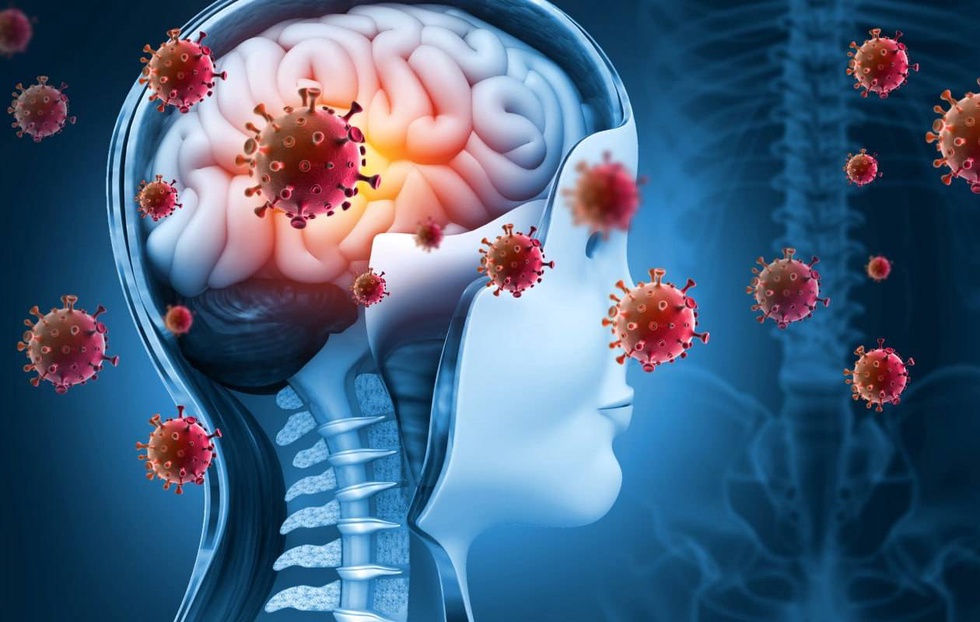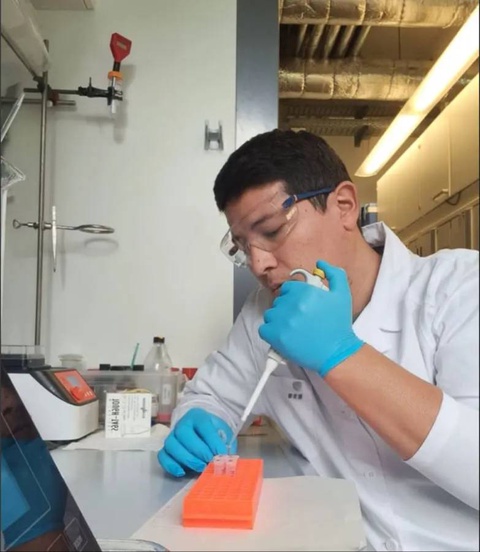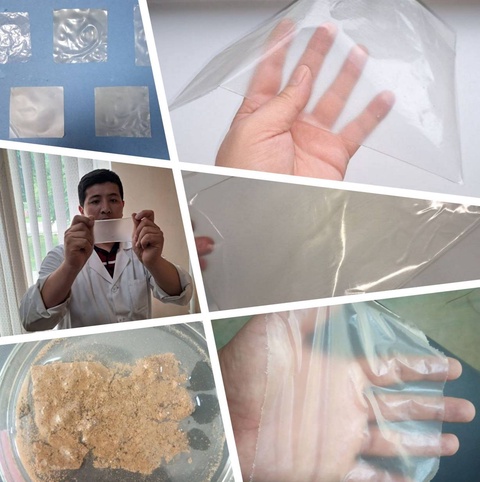According to the results of a study published on the medical portal Medscape, "brain fog" is one of the most common and persistent complaints in patients with prolonged COVID-19. Up to 46 percent of patients suffer from it, who also complained of other mental problems such as memory loss and difficulty concentrating, writes rg.ru.
The researchers found that 351 patients hospitalized with severe COVID-19 showed signs of long-term traumatic brain injury one year after infection with the SARS-CoV-2 virus. As part of the study, participants underwent a cognitive test, the results of which corresponded to the age indicators of those who had not suffered a serious attack of COVID-19. A blood sample was then taken to search for specific biomarkers, showing that elevated levels of some of them corresponded to traumatic brain injury. Using brain scans, the researchers also found that certain areas of the brain associated with attention were reduced in volume in these patients.
The patients who participated in the study were "less accurate and slow" in their cognitive abilities and, according to the researchers, suffered from at least one mental disorder, such as depression, anxiety or post-traumatic stress disorder.
At the same time, the deficit of brain activity found in patients with COVID-19 was equivalent to 20 years of brain aging and became proof of what doctors feared: this virus can really damage the brain and lead to permanent mental health problems. According to the lead author of the study, Benedict Michael, director of the Laboratory of Infectious Neurology at the University of Liverpool, cognitive and memory problems that patients complained about were associated with neuroanatomical changes in the brain.
Some patients with prolonged COVID-19 said that their attempts to convince their doctors that they had a physical illness were a constant problem throughout the pandemic, especially with regard to decreased brain activity. The study provides patients who have been overlooked by some doctors with proof that their illnesses are not a figment of their imagination, concluded Carla Thompson, a leading neuropsychologist at the COVID-19 Recovery Clinic at the University of North Carolina School of Medicine.ф












